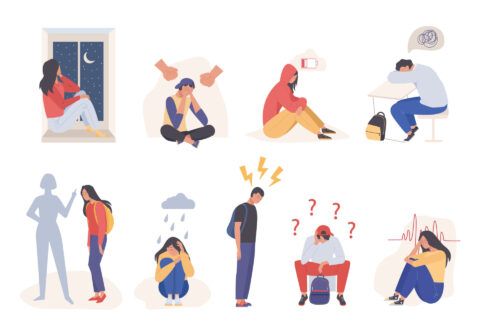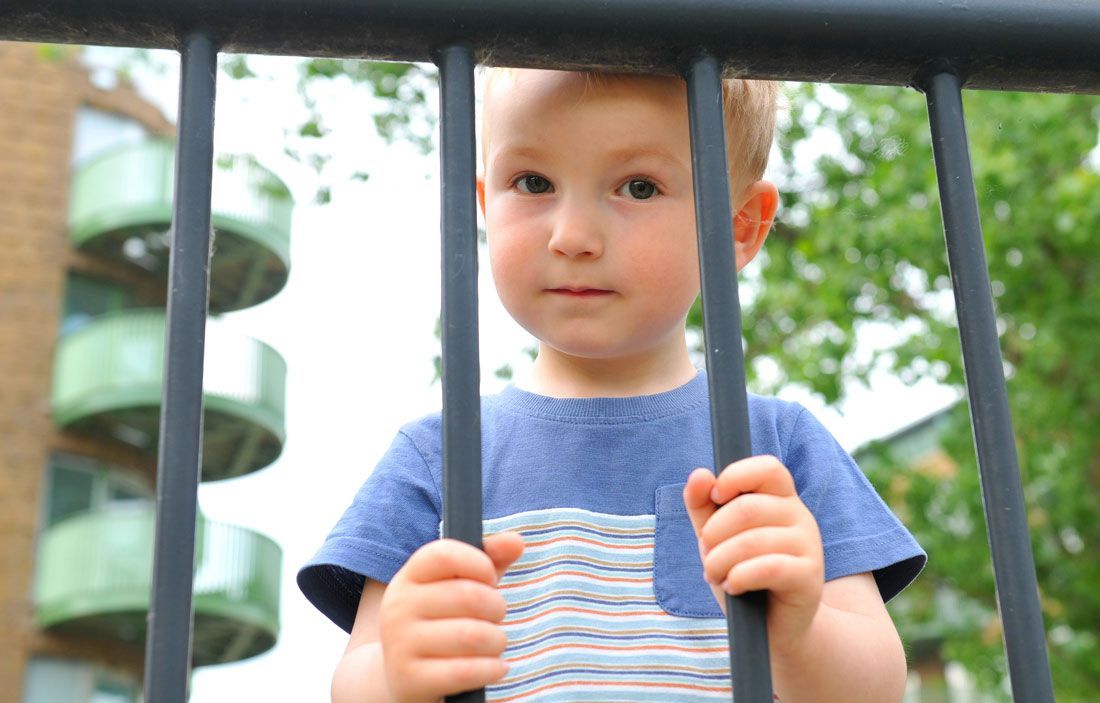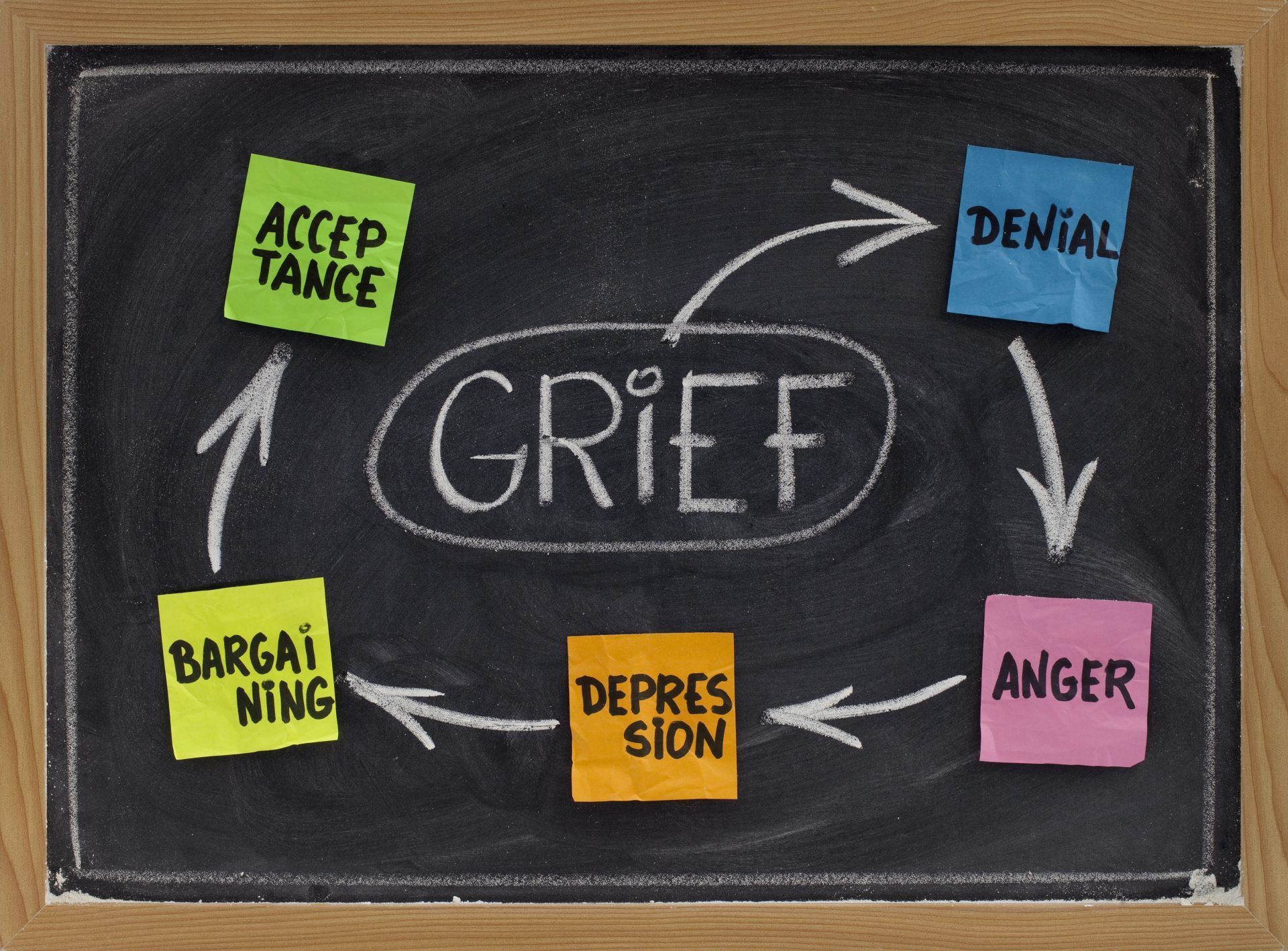The Myth of the Stages of Grief
Written by Memorial Mortuary & Cemeteries in-house grief counselor, Amanda Nelsen:
Even if you haven’t dealt with a great grief in your life, you are probably familiar with what’s popularly known as the five stages of grief: denial, anger, bargaining, depression, and acceptance. These stages were first published in On Death and Dying by Elizabeth Kübler-Ross in 1969. They are often used as a guide to see if your grief is “normal” or not.
But what you may not know, is that Ms. Kübler-Ross never intended for her stages to be used as a study on grief. In fact, her book is largely focused on anecdotal conversations between doctors and their terminally ill patients – so they focus more on people who are dying, not those who are grieving a loved one. She also gave many warnings her in book that these “stages” are not complete, often overlap, occur together, or are revisited.
So often these stages are used because we want a way to quantify and simplify our grief. If we know we have five stages of grief, we have hope that grief can be like a “to do” list – easy to check off and eventually complete. But grief does not work that way. Every death and every grief is unique. Researchers have spent countless hours (and dollars) trying to find a template for grief, but it has been for naught. We each have to find our own path, our own way, through grief.
That’s not to say that information about stages or phases of grief aren’t useful. You may find books and articles that resonate with your own experience and help you work through your grief. But you should not despair if you read about another’s experience and it’s nothing like your own. Chances are, the way you are dealing with your grief is normal. And if you keep working through it in your own way, you’ll eventually find some peace.
Amanda is a Clinical Mental Health Counselor, specializing in individual and family therapy for people of varying backgrounds. She works for Memorial Estates, running their Grief & Loss Counseling program.
She has extensive experience working with adolescents and families in the community. Amanda received her Master’s Degree in Educational Psychology from the University of Utah. There she focused on Multicultural and Client Centered Counseling.
Amanda started her career working for Salt Lake County Youth Services, serving families from all backgrounds and with a wide variety of issues. She further developed her passion for helping people recover and heal from trauma and loss.
In counseling, Amanda values the trust and safety of the therapeutic relationship. She creates a counseling environment full of compassion, safety, empathy, and understanding. She constantly strives to help to cultivate strong relationships and assist families to cope with the loss of a loved one. Through her open attitude, and the warm environment that she facilitates, families can begin to feel peace as they work through their bereavement.
Memorial Utah, with the help of Amanda Nelsen, is committed to helping you through the loss of your loved one. You may contact Amanda at (801) 718-1520 or [email protected]
The post The Myth of the Stages of Grief appeared first on Memorial Mortuaries.












